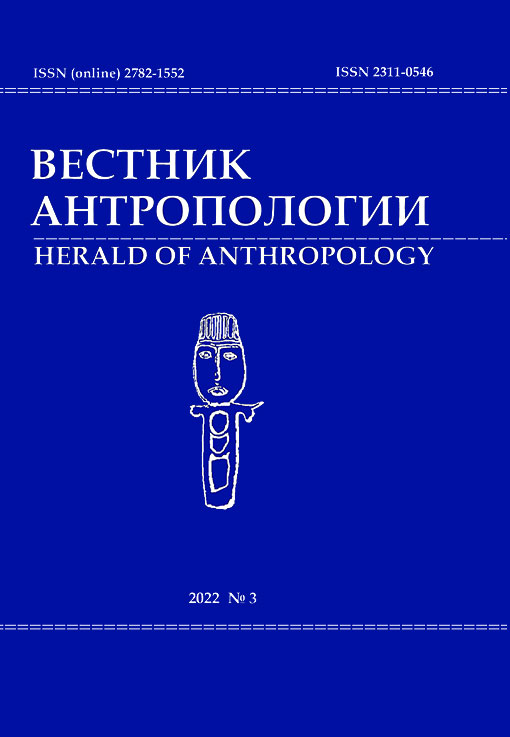Family and Marriage Relations in Africa
10.33876/2311-0546/2022-3/244-261
Keywords:
Africa, family, typology of marriages, diversity of economic structures, sociodemographic transformation, evolution of family-marriage relationsAbstract
The article attempts to compare the marriage and family relations in North Africa and Sub-Saharan Africa. The rich unique diversity of typologies and family forms, in particular in Tropical Africa, results from the preservation of ancient socio-economic structures up to present and their interpenetration with the modern ones. Universalism in the development of social systems in North Africa is due to the rather developed economic basis of North African societies and states. The educational level of women has the most direct impact on the age of marriage, fertility rates, the degree of influence on the household decisions and family planning issues, etc. However, the women’s movement of the continent still faces a huge number of unresolved tasks of the struggle for gender equality both in family and in society. With the changes that are inevitable in the continuous evolution of marriage and family, individual hybrid forms of archaism will remain in African societies for an indefinitely long-term historical perspective.





















